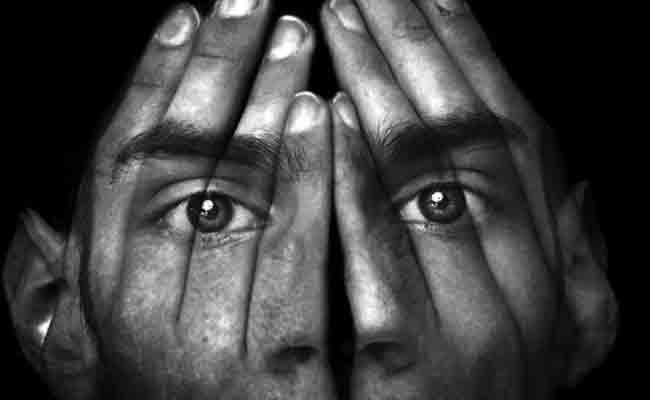Schizophrenia
Schizophrenia is a mental disorder, a complex personality disorder that produces distortions in thought, behavior and perception of reality.
Its symptoms can be divided into two categories:
Positive (entail an excess or distortion of normal functions): distortions or exaggerations of thought inferences (delusions), perception (hallucinations), language and communication (disorganized speech) and behavioral organization (grossly disorganized or catatonic behavior).
Negative (reflect a diminution or loss of normal functions): restrictions on the scope and intensity of emotional expression (affective flattening), fluency and productivity of thought and speech (alogia) and the initiation of goal-directed behavior (abulia).
The profile of cognitive impairment can be very diverse, but primarily it includes deficits in attention, verbal fluency, working memory and executive functions. Social cognition is also severely impaired, presenting altercations mainly in emotional perception, conflict resolution and implementation of solutions.
Bipolar Disorder
This is characterized by fluctuations in mood, manifesting mania at one extreme and depression at the other. Depending on the number of events and the intensity thereof, this disorder has several types.
The symptoms of the manic phase are frequent distractions, little need for sleep, poor judgment, inadequate anger management, reckless behavior and lack of self-control, overblown commitment to activities, and excessive agitation or irritability.
The symptoms of the depressive phase are sadness or feeling down on a daily basis, difficulty concentrating, making or remembering decisions, problems with eating, fatigue or indifference, feelings of worthlessness, hopelessness or guilt, loss of interest in previously pleasurable activities, loss of self-esteem, thoughts of suicide and death, trouble sleeping or oversleeping, and withdrawal from friends and family or from activities that were once enjoyable.
Cognitive deficits are not present in every case, but when present, they are evident from the first episode of the disease, worsening with the repetition of episodes and are significant compared to what is observed in healthy individuals. The principal areas affected in bipolar patients in remission are attention and concentration, verbal learning, memory and executive functioning (abstract thinking and problem solving). Specifically during manic episodes, impulsiveness and decreased inhibitions are also observed.





